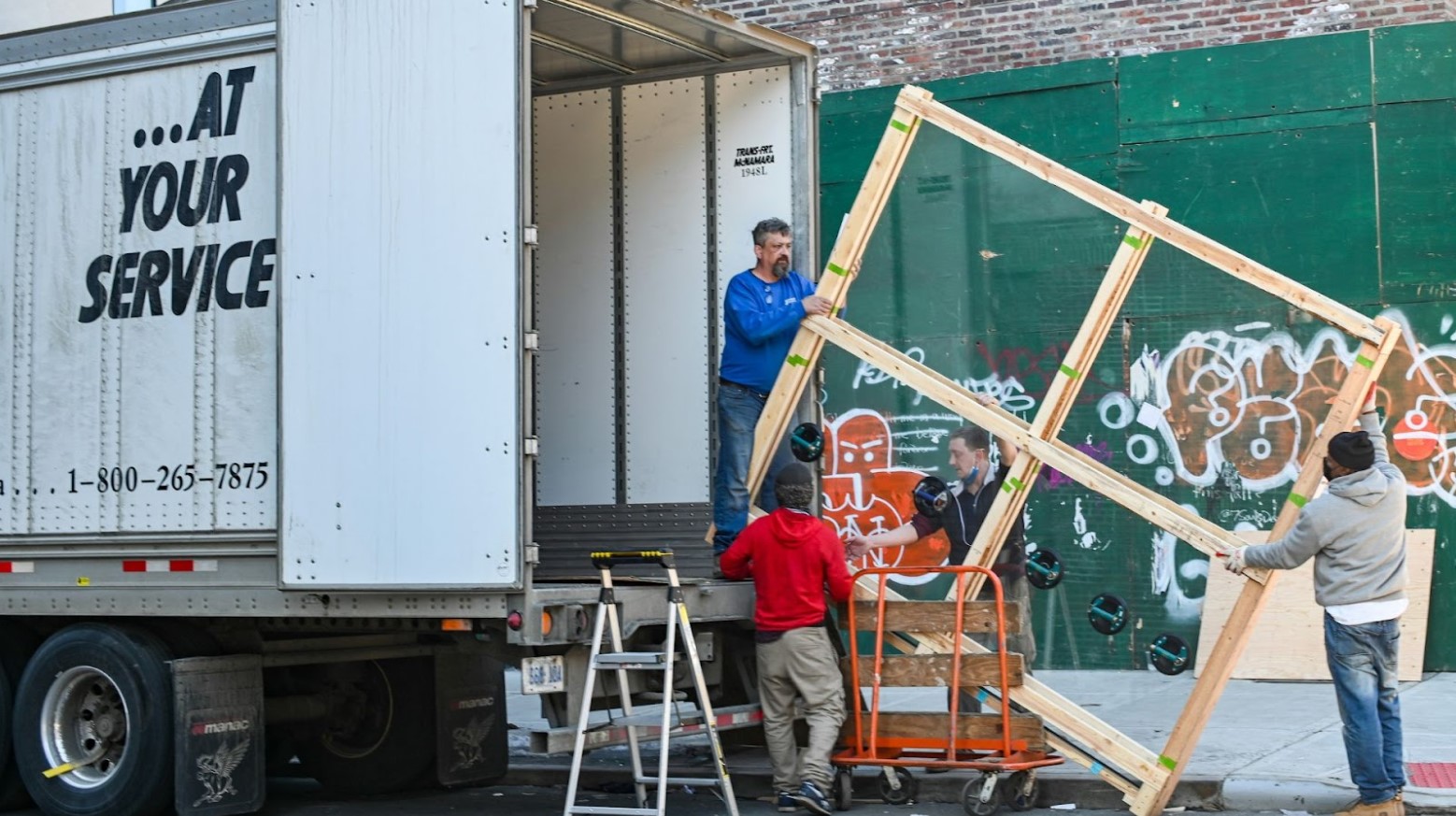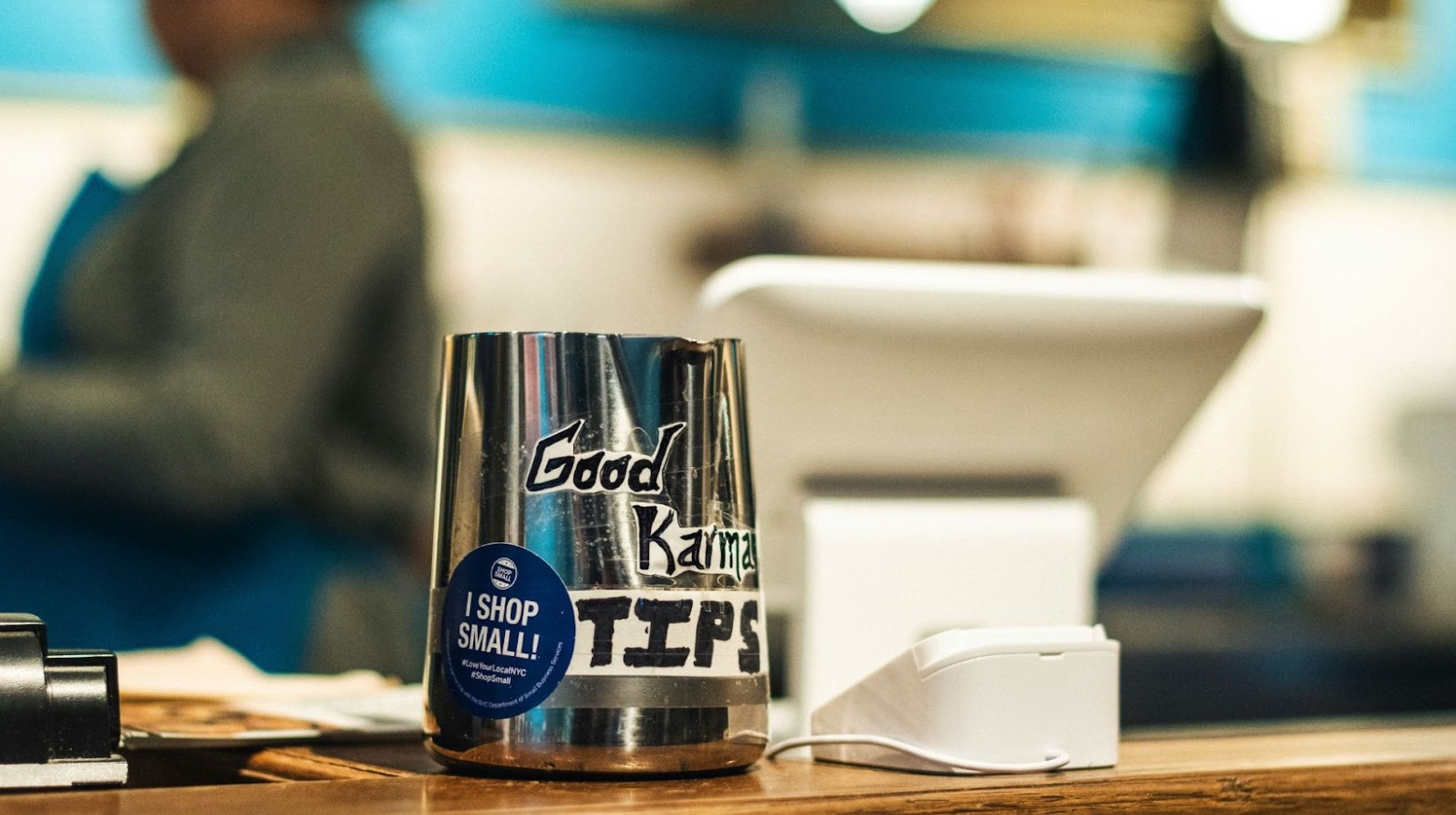Anyone who’s been out into the world lately has noticed a troubling pattern when trying to purchase just about anything.
Those tired of tipping at every purchase, whether it’s a retail store, self-service restaurant, or even a lousy self-check out kiosk, finally have something to say about the unfair practice.
Traditional Tipping Serves a Purpose

Usually, tipping at a restaurant serves a valid purpose. Wherever you go into an establishment where servers bring you food and alcohol, you can be sure that they’re getting paid well below the national minimum wage.
Some servers even note that they make as little as $2.00 per hour. Tipping ensures that your server is attentive, kind, and responsive to your needs. Many people feel like the excellent service they get as a result and one-on-one attention is worth the extra payout on the check.
Early Tipping Culture

Over the years, the number of people that are expected to receive a tip has grown. From the mailman at Christmas to the manicurist, and even movers, the first wave of people asking for a tip wasn’t that bothersome.
As recently as a few years ago, tipping someone who provided a great service with a smile was a pleasure to do. It was common practice to add about 5 to 10% of your total moving bill to the men hurting their backs accomplishing the task.
Showing a Little Appreciation

At first, adding a little bonus could be your way of showing your appreciation to someone who was providing a service you either couldn’t or didn’t want to do on your own.
Parking your car on a night out, cleaning your pool, or cutting your hair were some of the things that we often enjoyed giving a few dollars for to show appreciation of service jobs.
Tipping Is Starting To Lose Meaning

One of the main reasons why this issue has become so fraught lately is that everyone seems to be asking for a tip, instead of completing a fair job and waiting for a reward.
Many people don’t like being told what to do, and that includes giving out rewards. When you’re asked to give cash, it takes the meaning out of the gesture.
Tipping Fatigue Is the Breaking Point

Many Ameicans are experiencing the same phenomenon, explained by Quartz as tipping fatigue.
They note that almost half of all Americans tip purely out of obligation, instead of good service. Many people feel like they actually don’t receive any service at all and then become shamed into leaving extra money.
Surveys Show That Customers Are Burnt Out

In a recent survey by WalletHub, an unsurprising realization was found.
Almost three-quarters of all Americans say that tipping culture is totally out of control. Most of the respondents agree that employers are keeping employees wages low and simply adding a tip option to boost their morale and customer service engagement.
Employers Can Keep Wages Low When Tipped

The federal tipping wage is $2.13 an hour. It was once the standard for servers and bartenders. The benefit was that they worked hard, served dozens to hundreds of customers a night, and could often walk away with a few hundred dollars.
But now, it seems to be commonplace for retail, airport stores, and even restaurants with no servers to ask for the same level of reward.
Businesses Asking for Handouts

Many people have also lamented that sometimes when no service person is present, they are still prompted with a guilt ridden tip option.
For example, when picking up takeout at a restaurant, everyone still sees a tip option even though the employees haven’t actually served up any additional services.
WalletHub Knows the Culprit

The money minded company has stated that when a tip option can be added to a screen, most businesses jump at the chance.
However, customers often feel that this practice is creepy, guilty, and a manipulative tactic.
One Way Around the Guilty Screen

A simple way around the conflicting feelings when presented with the tip screen is to simply carry cash around for everyday purchases.
When grabbing a coffee or lunch at a counter, many people have reverted to paying with cash. This way, customers won’t face the dreaded tip option on the payment screen.
Consumers Shouldn’t Feel Guilty

Many groups against the issue of “tipflation” want to remind customers that it’s not their responsibility to supplement an employee’s wages.
If a business can’t pay their employees a living wage, then that issue is up to them to solve, not the customer.
